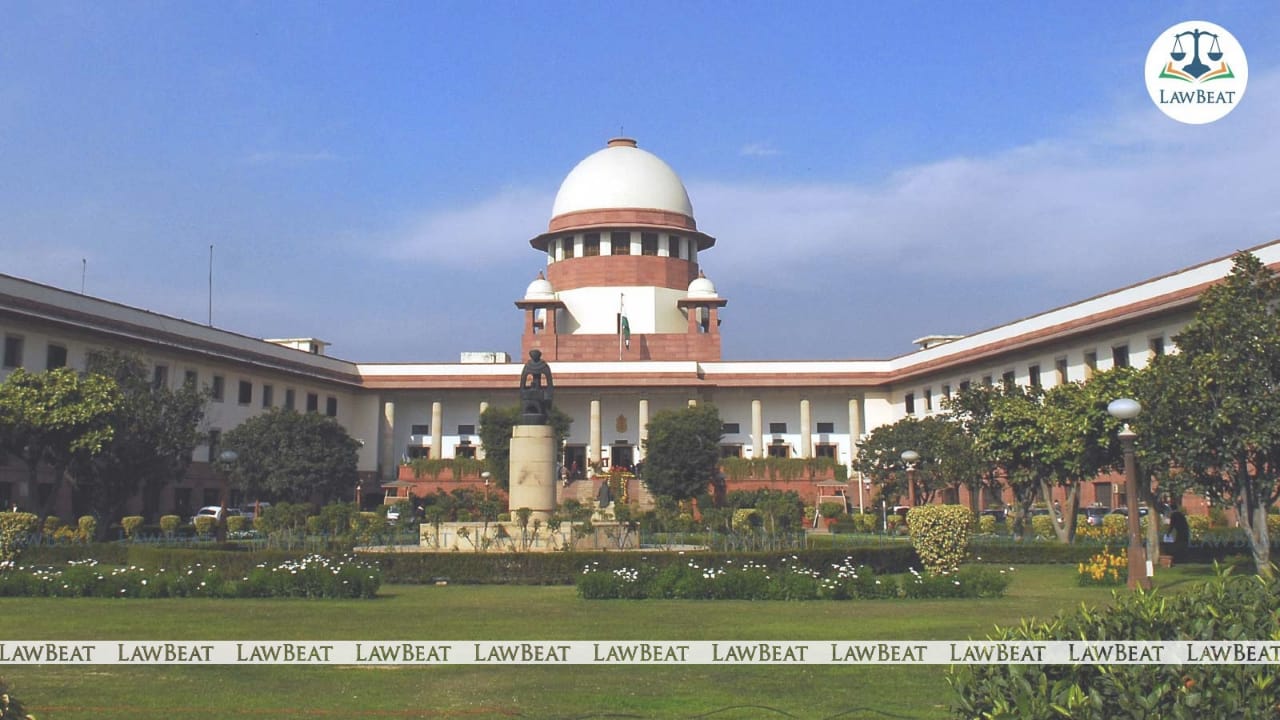Taxi Driver Not Liable Under NDPS Act for Passengers' Contraband: SC

It is not expected of any taxi driver to give details of the passengers, as ordinarily, no taxi driver or owner before allowing the passenger to board the taxi asks for such details from the passengers, court said
The Supreme Court has said a taxi driver cannot be convicted under the Narcotic Drugs and Psychotropic Substances Act (NDPS Act) if passengers carrying contraband flee the scene and no incriminating evidence is found on the driver.
A bench of Justices Pankaj Mithal and Ahsanuddin Amanullah set aside the Karnataka High Court and trial court's judgment which had held appellant Sri Shankar Dongarisaheb Bhosale guilty of offences under the NDPS Act and sentenced him to 10 years rigorous imprisonment with a fine of Rs one lakh.
On June 03, 2010, at about 08:00 pm, while the appellant (Bhosale) was carrying two passengers, his taxi was stopped by the Deputy Superintendent Police at Belgaum whereupon the two passengers sitting at the back fled. The vehicle was searched and 20 kilograms of ganja which was packed in two visible bags were seized. The appellant was prosecuted under the NDPS Act and was convicted.
The counsel, appearing for the appellant, drew the court's attention to the statement of the DySP recorded on February 22, 2011, wherein he admitted that the offending vehicle was a taxi and that when the said vehicle was stopped, the driver of the vehicle made no effort to run away but the two passengers in the car ran away.
During the search, no incriminating material was found from the person of the appellant, the counsel said.
The appellant-driver also took the defence that he was totally ignorant about the contraband being carried in his vehicle and it may belong to the passengers who had fled from the spot. Therefore, since the contraband cannot be linked to the appellant, he is not liable to be prosecuted, his counsel argued.
Moreover, the procedure prescribed for the personal search was not followed, the counsel said.
The bench noted the courts below had convicted the appellant solely for the reason that the appellant was not able to give details of the passengers.
"Ordinarily, since it is not disputed that the appellant was a taxi driver and that the contraband was seized from the taxi while he was carrying two passengers who fled from the scene, it cannot be said with any certainty that the appellant himself was carrying the contraband or has connived to carry the said contraband in his vehicle," the bench said.
The court also highlighted it is not expected of any taxi driver to give details of the passengers, as ordinarily, no taxi driver or owner before allowing the passenger to board the taxi asks for such details from the passengers. Moreover, no effort was made to search out the two passengers who may reveal the truth, it added.
"Considering the fact that no incriminating material was seized from the person of the appellant and that he had not made any effort to run away, moreover, the two bags from which the contraband was seized were not found to be hidden but were rather visible, we find no material on record to link the appellant-driver with the contraband so as to prosecute and convict him for any offence under the NDPS Act," the bench said.
The court thus set aside the High Court's order of November 27, 2012, and the trial court's decision of June 1, 2011. The appellant had already served over seven years and one month of imprisonment.
Case Title: Sri Shankar Dongarisaheb Bhosale Vs The State of Karnataka
